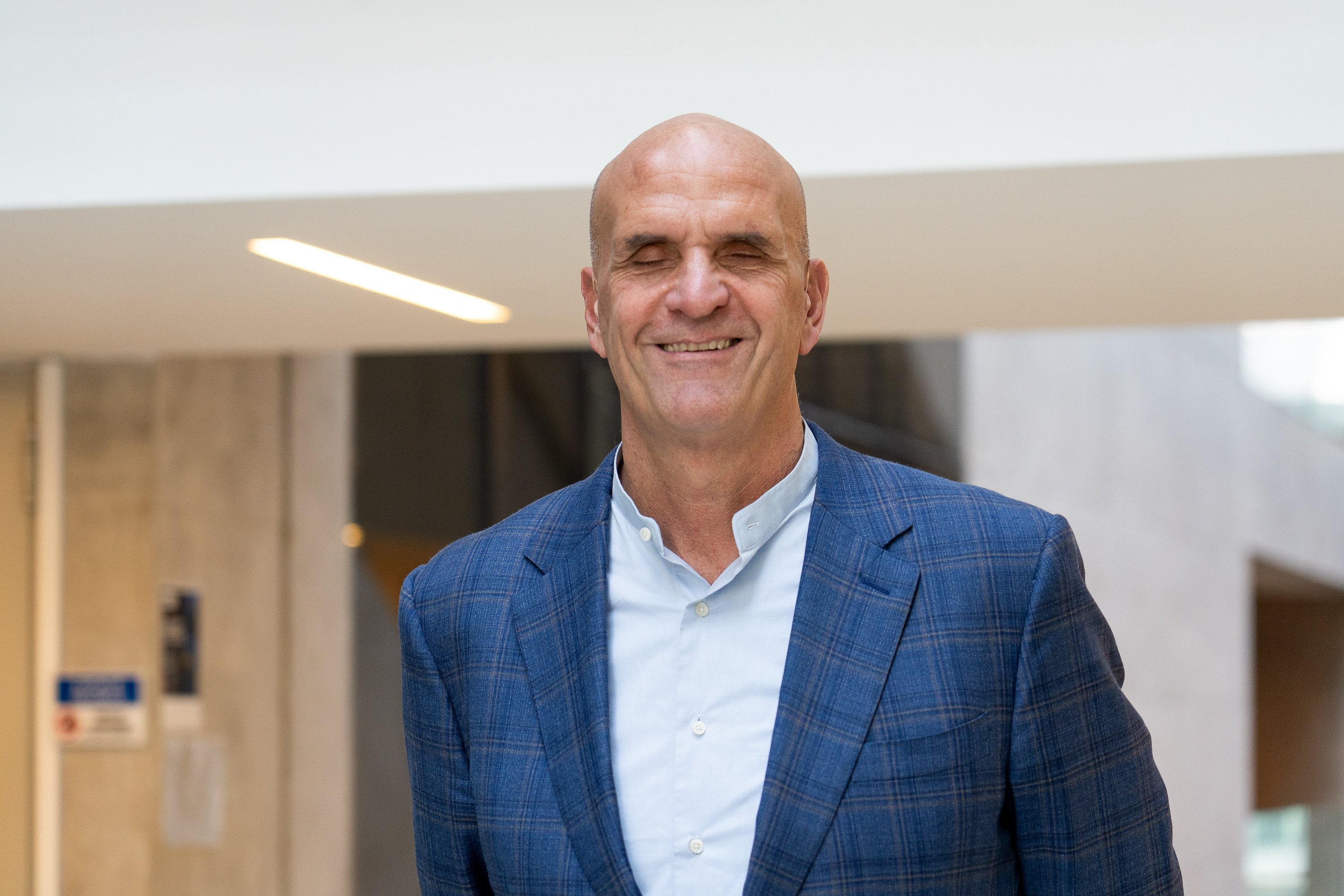Morelli analyzes the costs of populism

Massimo Morelli, director of the Institutions and Reforms (PERICLES) research unit of Baffi Centre, is also the principal investigator of “The Political Economy of Reforms and the Costs of Populism” (PERCOP) research project. We have asked him some questions about the project.
When have you started this research project?
The research agenda on populism started in 2015, but the specific projects in PERCOP started in 2022.
Who is funding this research project?
Ministero Università e Ricerca (MUR) and PRIN financed within the Next Generation EU initiative are financing this project.
What are the research questions?
We ask broadly what is the “dynamics” of the populist politics era we live in. The populists who manage to enter an executive office typically wish to weaken checks and balances, including the bureaucracy. Thus, the consequences of populism for economic policy can be divided in direct consequences and indirect consequences, through the institutional erosion they cause. Moreover, they can be divided in subnational, national, and global consequences. We study the vicious circles that are sustaining themselves, including through migration and information dynamics. We also study the important similarities and differences from earlier populist phases in world history.
Why have you decided to investigate this topic?
All liberal democracies are experiencing democratic backsliding and a populist transformation of politics, and hence it is obvious that political economists must try to rationalize the phenomenon.
Why this topic matters for people?
As summarized in my most recent working paper “Populist Policy Making’’, the national, subnational, and global consequences of populism are very large, and if policy making is affected at all these levels then all people are affected, even those who support populist parties.
What is its impact on people?
The impact of political economy research on the costs of populism can materialize either through persuasion of policymakers of what are the priority problems (where re-building trust in institutions looms large) or through persuasion of people, not in the sense of changing preferences but in the direction of greater awareness of the hidden costs of seemingly attractive policy shortcuts.
What are the implications of this topic for policy makers?
Policy makers are now divided in two sets, namely those who belong to populist parties and those who do not, in virtue of the fact that in their country the populist parties hold the majority or minority of support. Hence the implications depend on which of the two sides a policymaker is on. Our positive analysis, theoretical and empirical, of the costs of populism can increase awareness of such costs by both types of policymakers, with potentially different implications: a non-populist policymaker can usefully shift attention to trust-building and focusing on the necessity of especially European institutions and cooperation, focusing on the impossibility of facing global challenges through national level policies; and populist policy makers can perhaps focus on populist commitments that are least harmful to people in the long run.
Which date are you analysing?
The data we use in our multiple projects range from survey data to twits and big data, plus survey experiments and observational data. Historical data analysis (especially looking back at first populist manifestations in US and France in the 19th century) are a useful comparison.
What is the state of the project at the moment?
My personal research agenda findings related to this project are summarized in the ``Populist Policy Making’’ article, which will appear as keynote paper contribution in the forthcoming special issue of the “Journal International Tax and Public Finance”. A paper with Galasso, Nannicini and Stanig on the dynamics of populism in Italy is under review; the most important theoretical paper with also empirical analysis of the demand and supply of populist commitments in the US is “The Shift to Commitment Politics and Populism’’ (with Bellodi, Nicolò and Roberti), under review; two papers are still being completed, one on the vicious cycles of migration and populist politics and the one on the analysis of the populism dynamics in the 19th century in the US.
Is there any conclusion that you can share regarding your research?
The list of conclusions would be very long, and I repeat that the ``Populist Policy Making’’ article gives a good summary, given that it is a keynote article that relates the conclusions of the whole research agenda. The most innovative and consequential conclusion is not about each single consequence of populism, but on the interconnectedness of all features of populism. The logic and evidence provided for the interconnectedness make us conclude that the populist politics wave we live in is long-lasting, contrary to the opinions that previous scholars had based on the latin American and US early experiences.